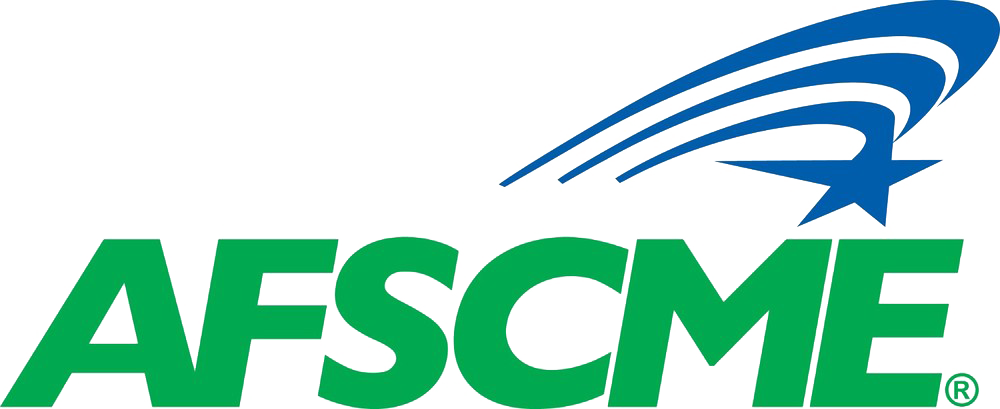AFSCME wholeheartedly supports the newly reintroduced Richard Trumka Protecting the Right to Organize Act (PRO Act), which would make it easier for workers in the private sector to form strong unions.
“From Starbucks to Tesla to cultural institutions, workers are organizing with renewed energy and standing up for dignity and respect on the job,” AFSCME President Lee Saunders said in a statement after the bill was unveiled on Capitol Hill on Tuesday. “Yet all too often, employers viciously block workers’ path to a seat at the table with impunity, firing those who dare to speak out or even utter the word ‘union.’”
The bill was introduced by Sen. Bernie Sanders (I-Vt.) in the Senate and Reps. Bobby Scott (D-Va.) and Brian Fitzpatrick (R-Pa.) in the House. Sanders is the chairman of the Senate Health, Education, Labor and Pensions Committee, and Scott is the ranking member – the senior Democrat – on the House Education and Workforce Committee.
A press event held on Capitol Hill to discuss the bill was attended by Sanders and Scott, as well as House Minority Leader Hakeem Jeffries (D-N.Y.), Senate Majority Leader Chuck Schumer (D-N.Y.), and AFL-CIO President Liz Shuler.
For more information on the bill, go here.
Named after the former AFL-CIO leader who died in August 2021, the PRO Act has passed the House of Representatives twice in the past few years. There were plenty of good reasons for supporting the PRO Act then, and there are even more now. So much has happened in our nation’s economic landscape in the last few years that it’s absolutely imperative for Congress to approve this bill as soon as possible. Consider this:
- In 2021, there were 265 work stoppages across the United States, involving 140,000 workers, according to researchers at Cornell University who described 2021 as “a dramatic year for the U.S. labor movement”;
- In 2022, the trend of worker activism intensified, with 52% more work stoppages than the year before and 60% more workers involved – a total of 224,000 workers who participated in work stoppages across the country;
- According to the latest Gallup Poll on union favorability, published last August, 71% of Americans approve of labor unions, the highest rate in nearly 60 years.
It’s clear that workers want the union difference.
Union members make 18% more than their nonunion counterparts, according to the latest annual report on union membership from the U.S. Bureau of Labor Statistics. The union difference is even greater for women workers (who made 23% more than their nonunion counterparts last year), African American workers (20% more) and Hispanic workers (35% more).
Those are just a few of the benefits of being in a union. But many workers face intimidation and threats from their employers when they try to organize. The right to form a union “has effectively been cancelled out by a combination of legal and illegal employer intimidation tactics,” as the Economic Policy Institute (EPI) points out.
The PRO Act would make it easier for workers in the private sector to form strong labor unions by, among other things, imposing meaningful penalties on big companies for unfair labor practices; preventing employer interference in union elections; and enabling workers to participate in boycotts, strikes and other acts of solidarity.
More specifically, the PRO Act would amend major labor laws, such as the National Labor Relations Act (NLRA) of 1935 and the Taft-Hartley Act of 1947, to strengthen the hand of workers. It would give more power to the National Labor Relations Board (NLRB), the agency in charge of enforcing the NLRA, and make it harder for employers to take advantage of workers who wish to unionize.
“This vital piece of legislation would hold union busters accountable and allow thousands of working people to experience the union difference,” Saunders said. “It would give them the opportunity for a true voice on the job, leading to fairer wages and safer workplaces. In a country with rampant wealth and income inequality, unions are a proven solution.”

